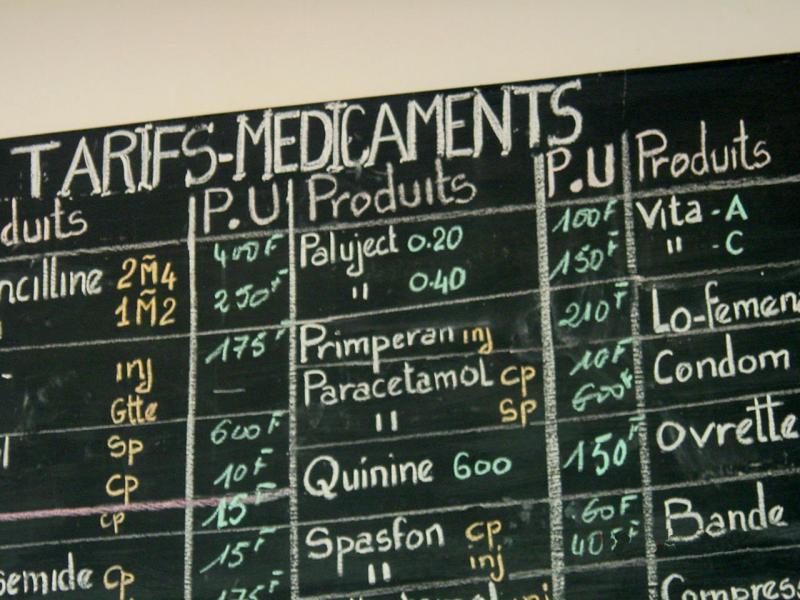Benzathine penicillin G
Benzathine penicillin G (BPG) is a penicillin salt administered as a deep intramuscular injection. Low solubility produces prolonged serum penicillin concentrations, detectable in blood for weeks after administration. This low level of penicillin is thought to provide sufficient protection from GAS infection and RF recurrence.
Benzathine penicillin G (BPG) is on the World Health Organization international essential medicines list, the essential medicines list for children and the essential medicines list for sexual and reproductive health. However most countries also have a national essential medicines list or formulary which is not necessarily the same as the international lists. You should ensure that BPG is listed on your national EML/formulary. Some low and middle income countries are eligible to purchase medication from UNICEF or the International Dispensary Association. Information about reasonable prices for BPG (and other medications) can be obtained from the International Drug Price Indicator Guide, produced by Management Sciences for Health each year.

Making BPG affordable for people living with RHD
Financial cost is an important determinant of adherence with secondary prophylaxis. In Egypt, children who had to pay for BPG were much less likely to receive the recommended number of doses each year.
Sometimes, because of the patients poverty, the cardiologist is obliged to choose among medications: instead of prescribing all the medication needed doctors have to prescribe just few drugs and more frequently loop diuretics, angiotensin-converting enzyme inhibitor, digoxin, potassium supplement. We call this way of prescribing “managing prescription”. Finally lack of finances causes the exacerbation of the disease and premature death.
Policies to support BPG delivery
Clinical and medicolegal policies are also needed to reduce the barriers to administering BPG. This may include:
- Standing orders for nurses or health workers to give BPG when it has already been prescribed by a doctor. An example of a standing order from Australia may provide a useful starting point.
- Additional support and training on the management of anaphylaxis to reduce anxiety about administering BPG.
Cost of BPG
Financial cost is an important determinant of adherence with secondary prophylaxis. In Egypt, children who had to pay for BPG were much less likely to receive the recommended number of doses each year.






